The telecommunications landscape has evolved significantly since the early 2000s, with advancements in both mobile and fixed networks driven by the integration of IP-based technologies, virtualization, cloud computing, and the rise of digital platforms such as AI and blockchain. Below is a detailed overview of current telecommunications architectures, their integration with data centers and digital platforms, and the state of centralization and virtualization.
1. Mobile Network Architecture
Modern mobile networks are now primarily based on 4G LTE and 5G New Radio (NR) technologies. Here is a breakdown:
4G LTE Architecture
- Evolved Packet Core (EPC): LTE’s core network is an all-IP network that handles signaling, data forwarding, and mobility management. It includes components like:
- MME (Mobility Management Entity): Manages signaling and mobility.
- SGW (Serving Gateway): Routes and forwards user data packets.
- PGW (Packet Gateway): Connects the mobile network to external IP networks.
- HSS (Home Subscriber Server): Stores subscriber information and session states.
5G Core Architecture
- Service-Based Architecture (SBA): 5G core architecture is a significant evolution with a service-based approach, which decouples hardware and software for increased flexibility and scalability. The key elements are:
- AMF (Access and Mobility Management Function): Manages device registration, mobility, and connection.
- SMF (Session Management Function): Handles session and IP address allocation.
- UPF (User Plane Function): Directs user data traffic and routes packets between user devices and external networks.
- NRF (Network Repository Function): Manages service discovery in a cloud-native approach.
2. Fixed Telecommunications Network Architecture
Modern fixed networks are primarily based on Next-Generation Networks (NGN) and Fiber-to-the-X (FTTx) architectures, designed to provide high-speed broadband access through various technologies.
- NGN Architecture: An all-IP architecture that separates service, control, and transport layers. Key components include:
- Media Gateway Control Function (MGCF): Handles signaling between the IP-based core and legacy circuit-switched networks.
- Softswitch: Replaces traditional circuit switches to manage voice and data over IP.
3. Integration with Data Centers and Digital Platforms
Modern telecom networks are heavily integrated with data centers and digital platforms, mainly due to cloud computing, edge computing, and the increasing need for processing power close to the user.
- Cloud Integration: Both mobile and fixed networks are increasingly adopting cloud-native architectures. The functions of the network (e.g., EPC or 5G core) are often virtualized and hosted in centralized or distributed data centers using Network Function Virtualization (NFV) and Software-Defined Networking (SDN).
- Edge Computing: With the rise of 5G, edge computing is becoming more prominent. Service providers deploy Multi-Access Edge Computing (MEC) platforms to bring compute and storage resources closer to the end user, reducing latency and enabling real-time services like AR/VR, IoT, and autonomous vehicles.
- AI Integration: AI plays a crucial role in automating and optimizing networks. AI-driven algorithms are applied in network optimization, self-healing, predictive maintenance, and traffic management. AI is also used in customer service (chatbots) and fraud detection.
- Blockchain: While still emerging, blockchain in telecom is being explored for secure transactions (e.g., billing), identity management, and decentralized network security.
4. Virtualization and Cloudification
Virtualization is a core part of the modern telecommunications landscape, mainly through NFV and SDN.
- NFV (Network Function Virtualization): This allows traditional network functions, such as routers, firewalls, and load balancers, to be virtualized and run as software on commodity hardware. This enables telecom operators to deploy network services more efficiently and scale on-demand.
- SDN (Software-Defined Networking): Separates the control plane from the data plane, allowing network administrators to centrally manage and control network traffic via software-based controllers. SDN provides more flexibility and agility in handling network traffic, enabling faster response to changes in demand.
Many telecom operators have embraced cloud-native architectures, where containerized network functions (CNFs) run on Kubernetes-based infrastructures, further enhancing scalability and automation.
5. Centralization vs. Decentralization
There’s an ongoing shift towards both centralization and decentralization, depending on the use case:
Centralization:
- Centralization happens at the core network level, where many network functions are hosted in large, centralized data centers for economies of scale and management efficiency. Cloud-native deployments often rely on centralized control for orchestration, automation, and service management.
Decentralization:
- Edge computing is driving decentralization. By placing processing closer to users, particularly in 5G networks, latency-sensitive applications benefit from quicker response times. The rise of IoT, AR/VR, and connected vehicles requires decentralization to reduce data transmission delays.
- Network slicing in 5G enables different services to run on isolated virtual networks over shared infrastructure, allowing operators to decentralize services for specific use cases while maintaining centralized control over the infrastructure.
Decentralization is also driven by MEC and private LTE/5G deployments, which allow enterprises to manage and operate local networks, reducing reliance on centralized infrastructure.

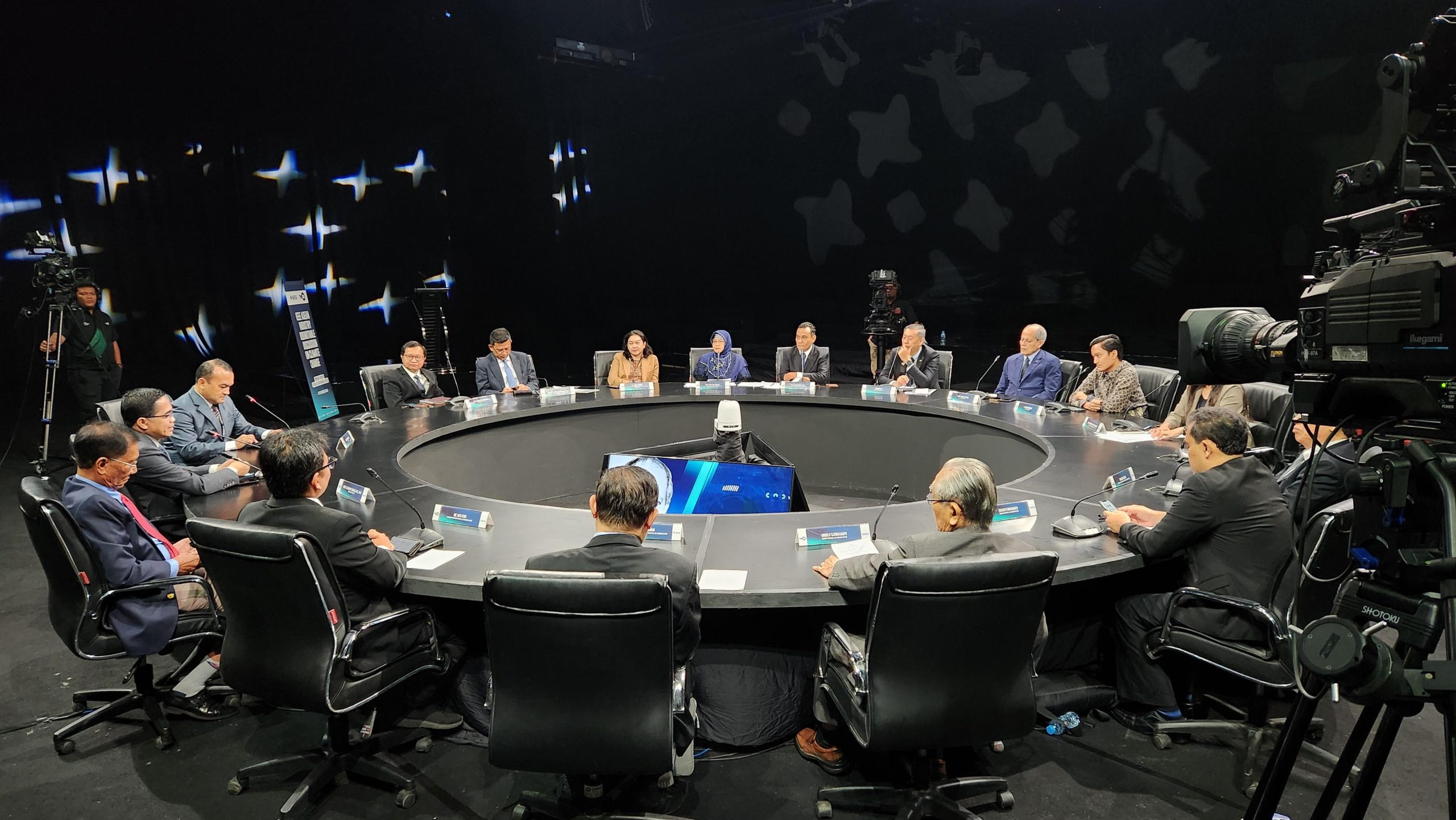
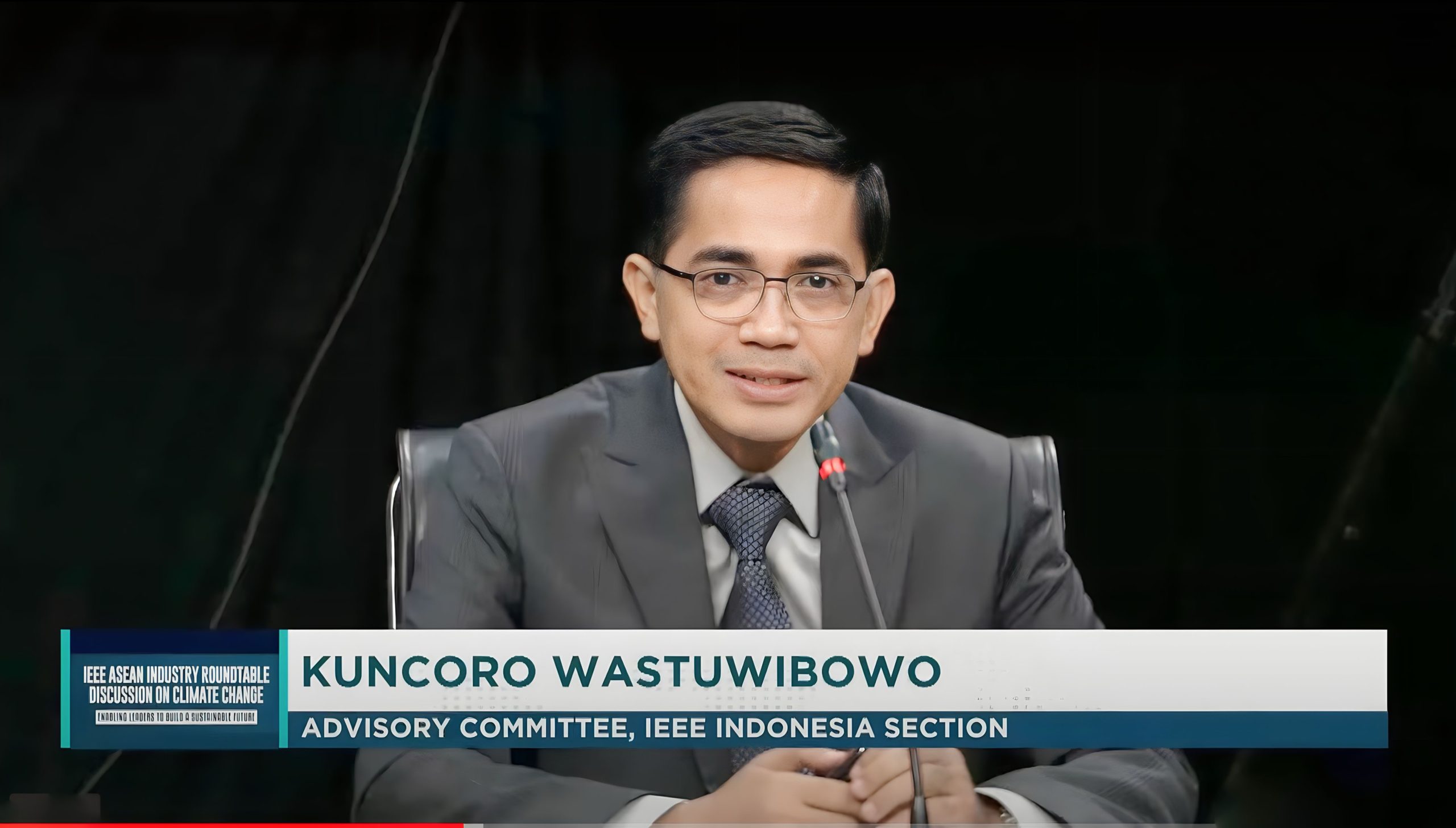
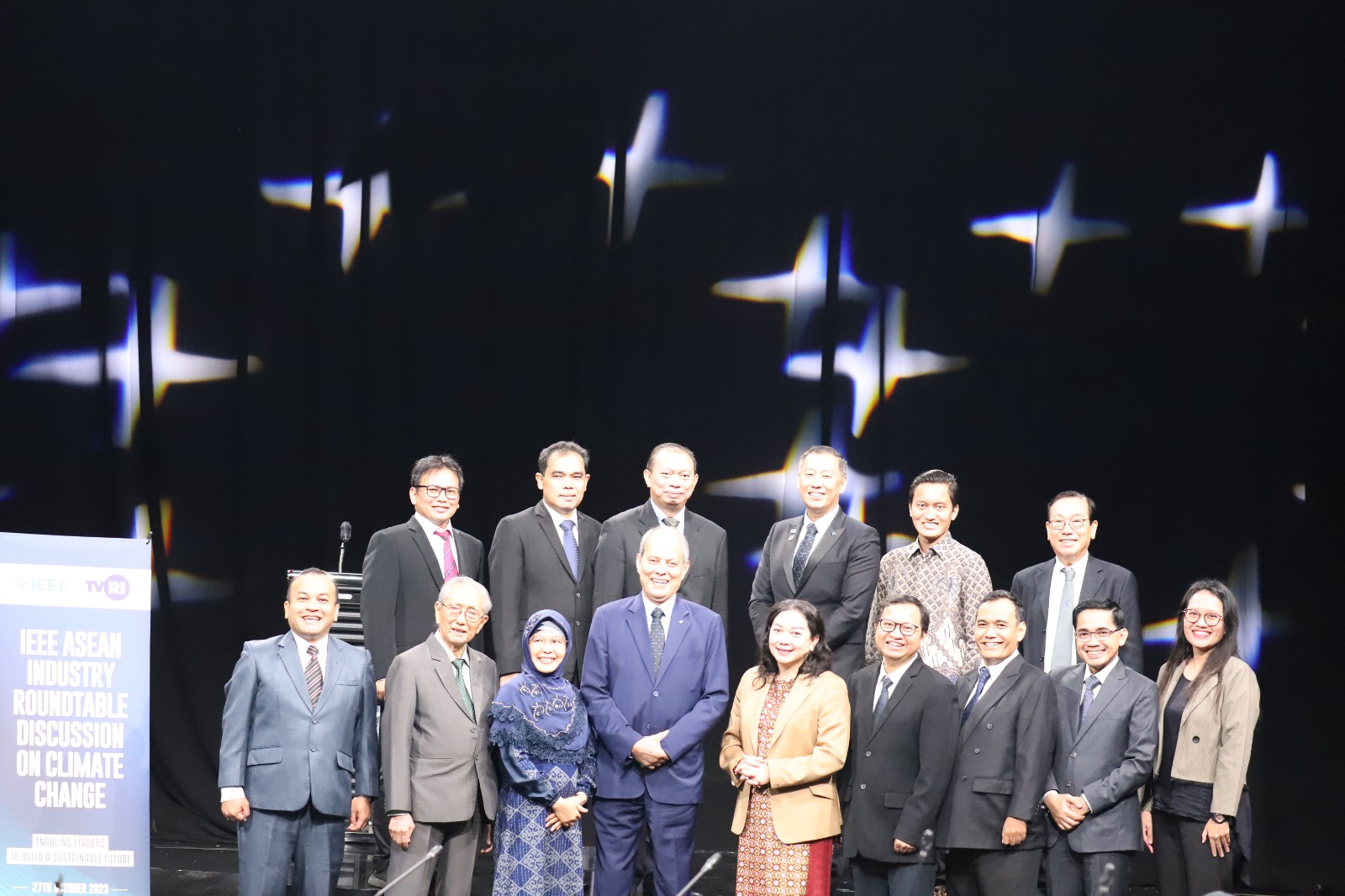
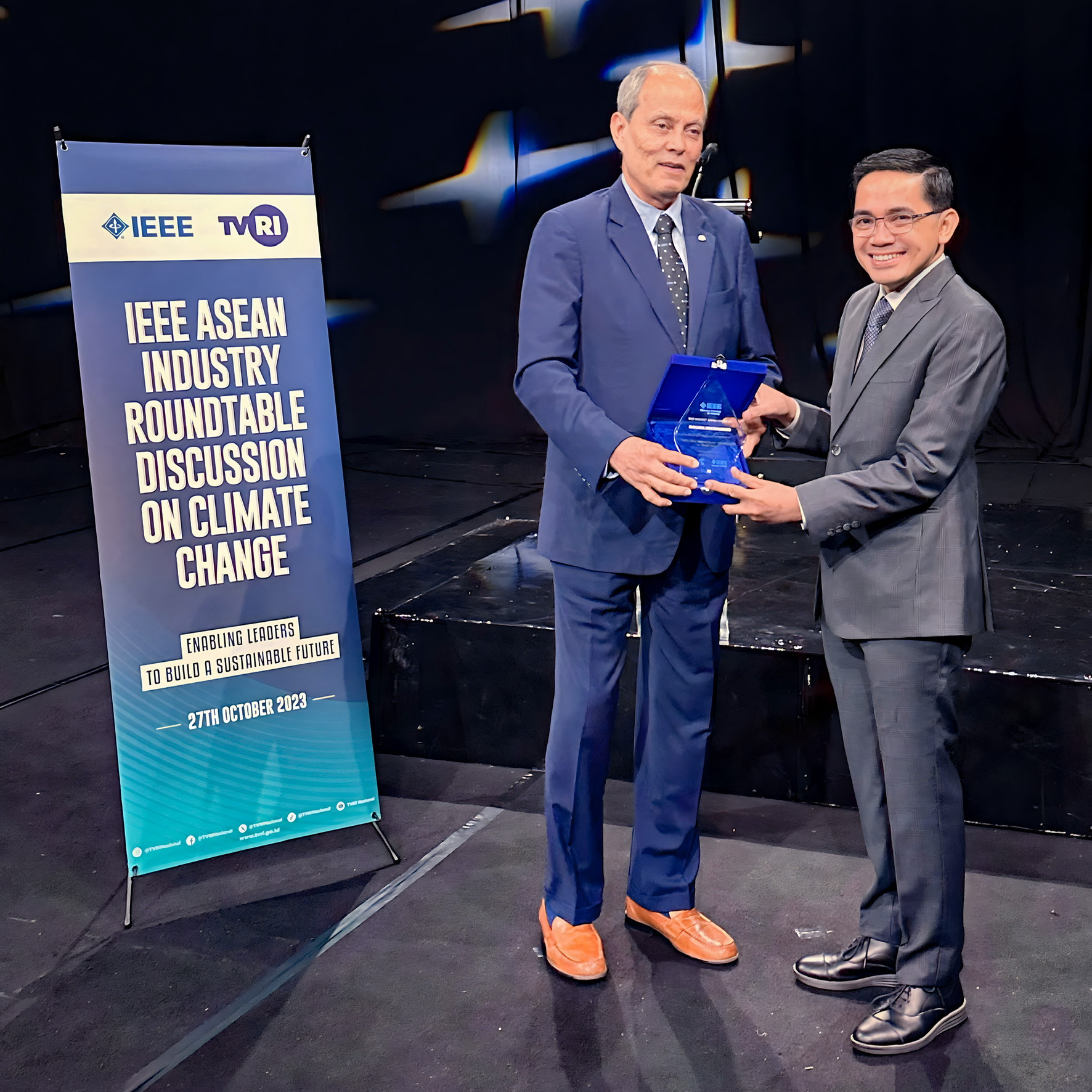
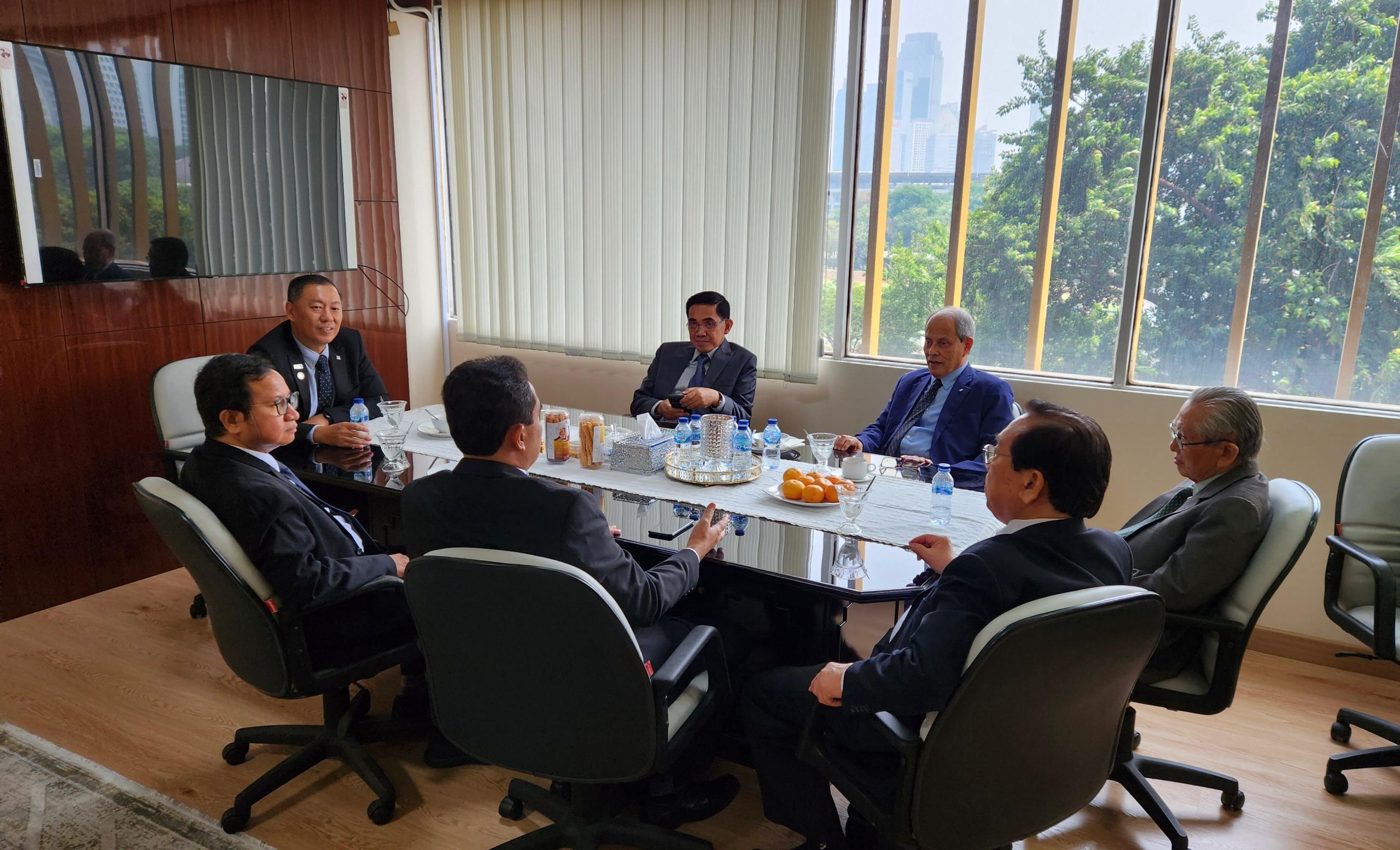
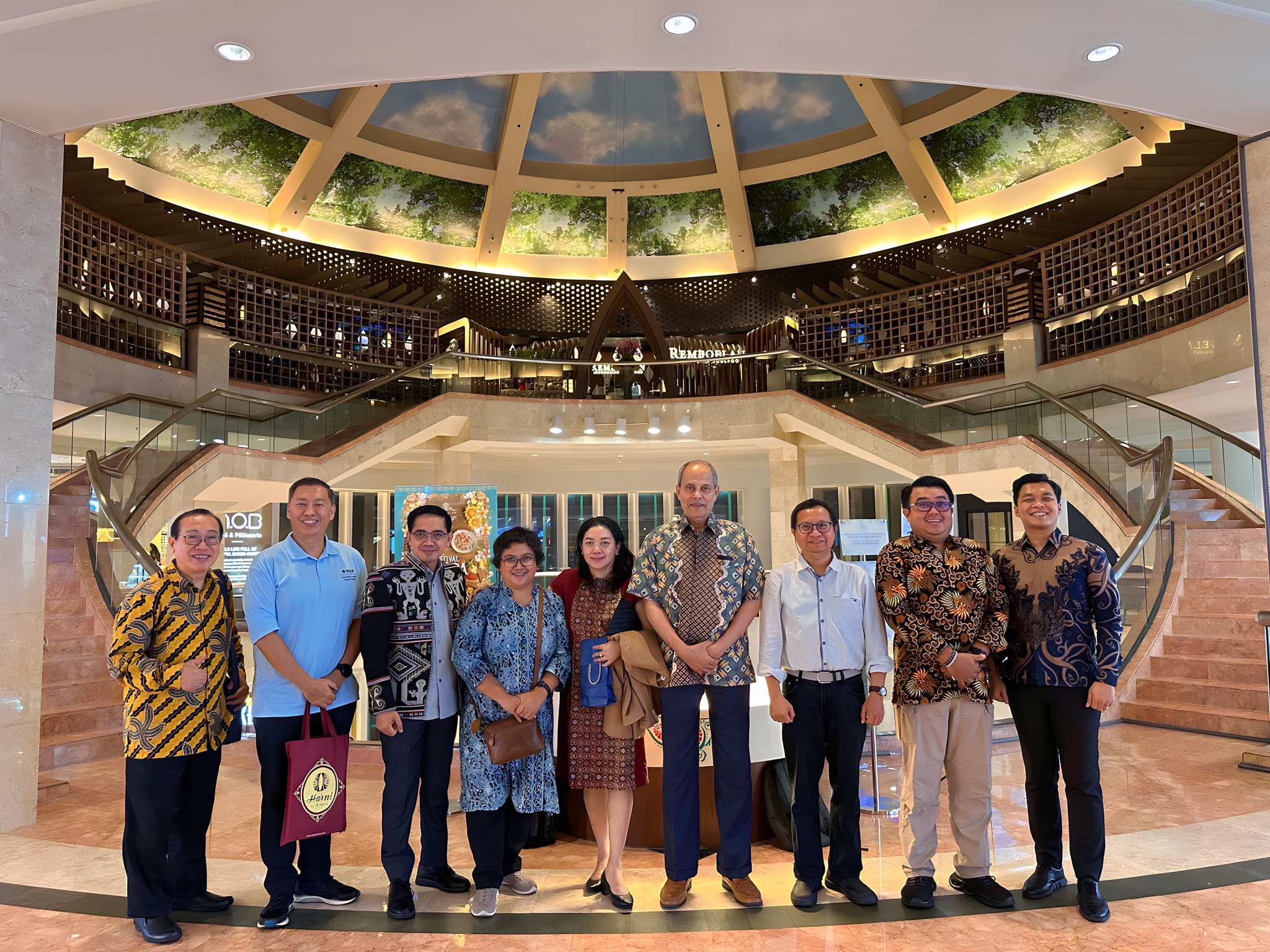
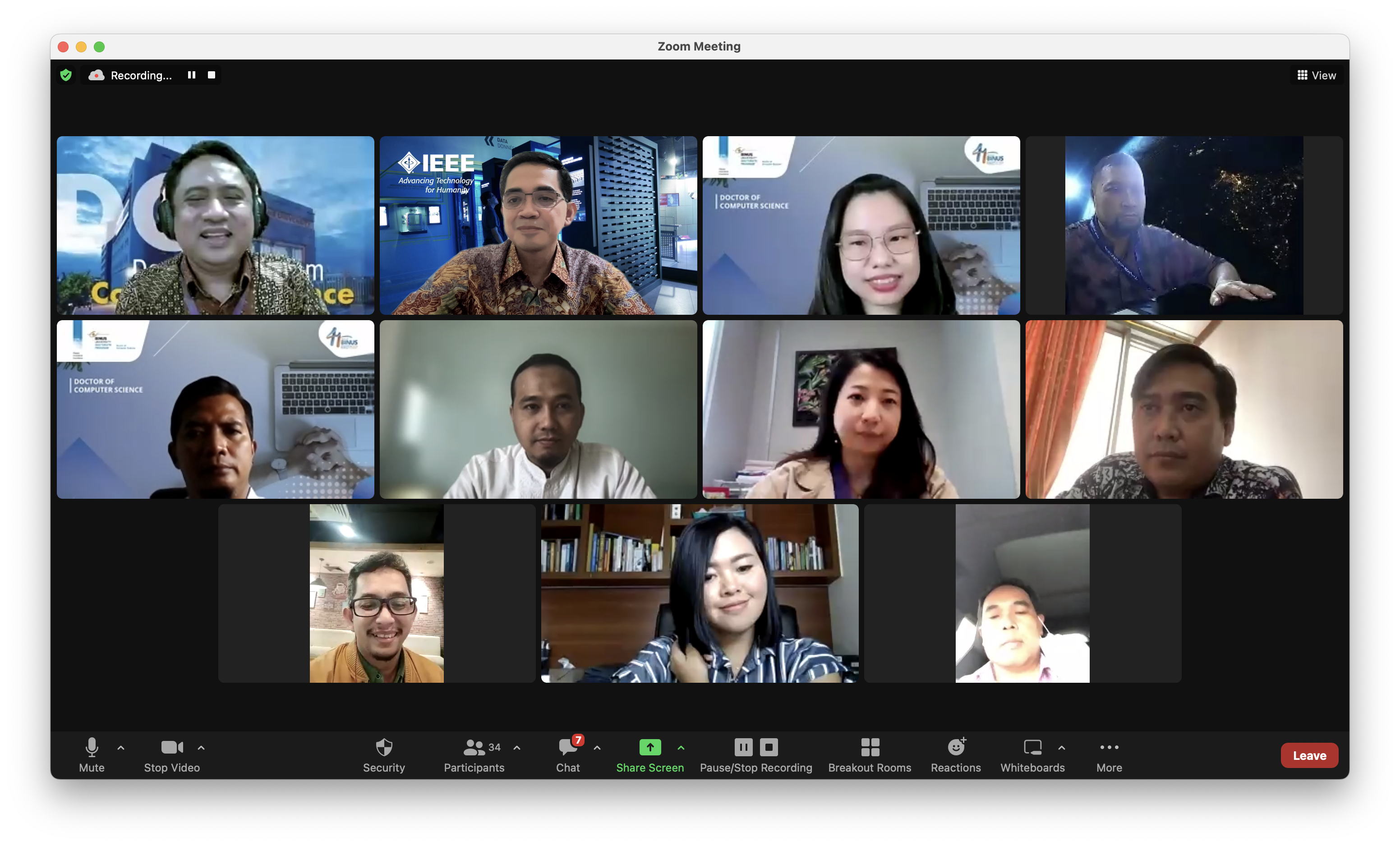

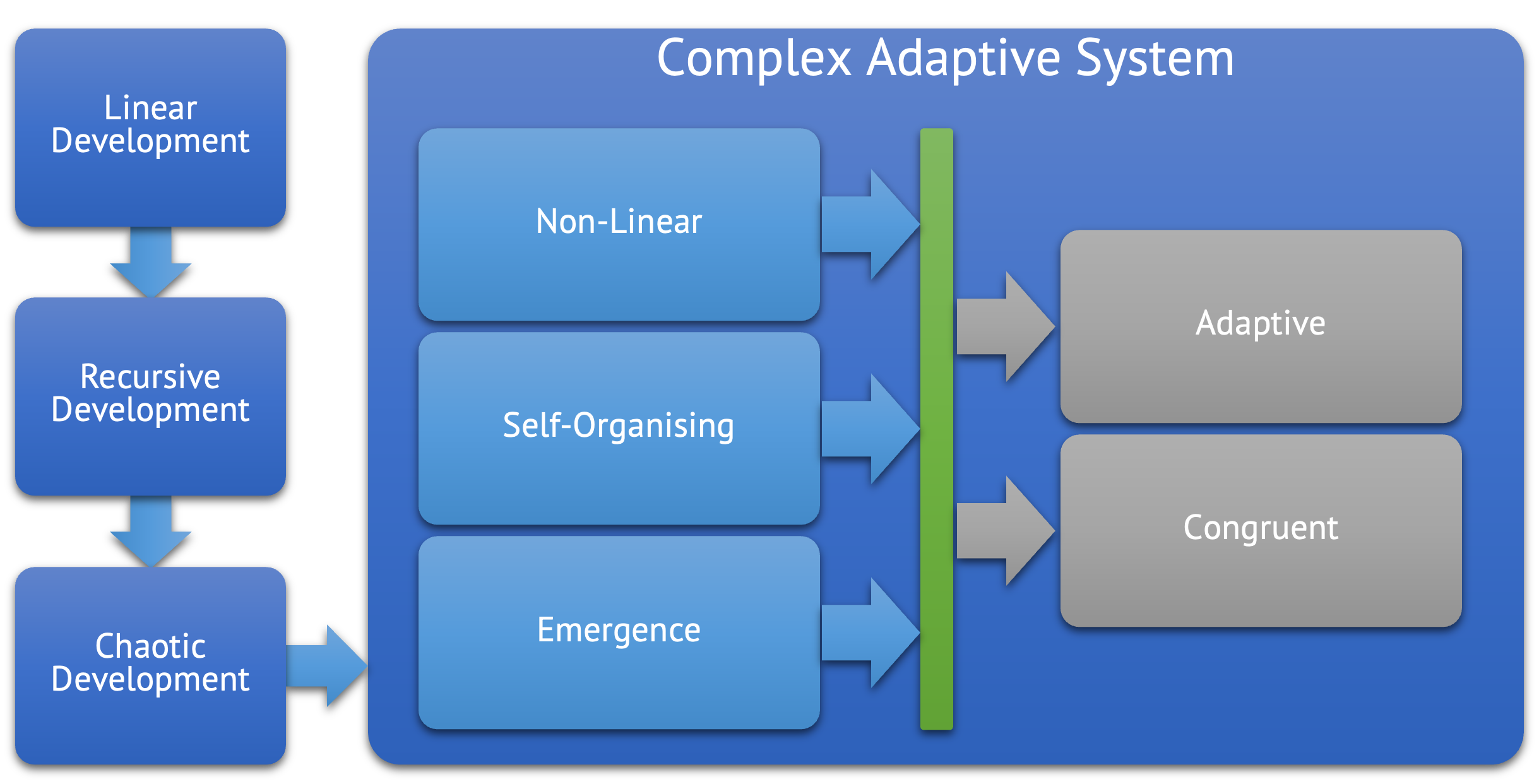
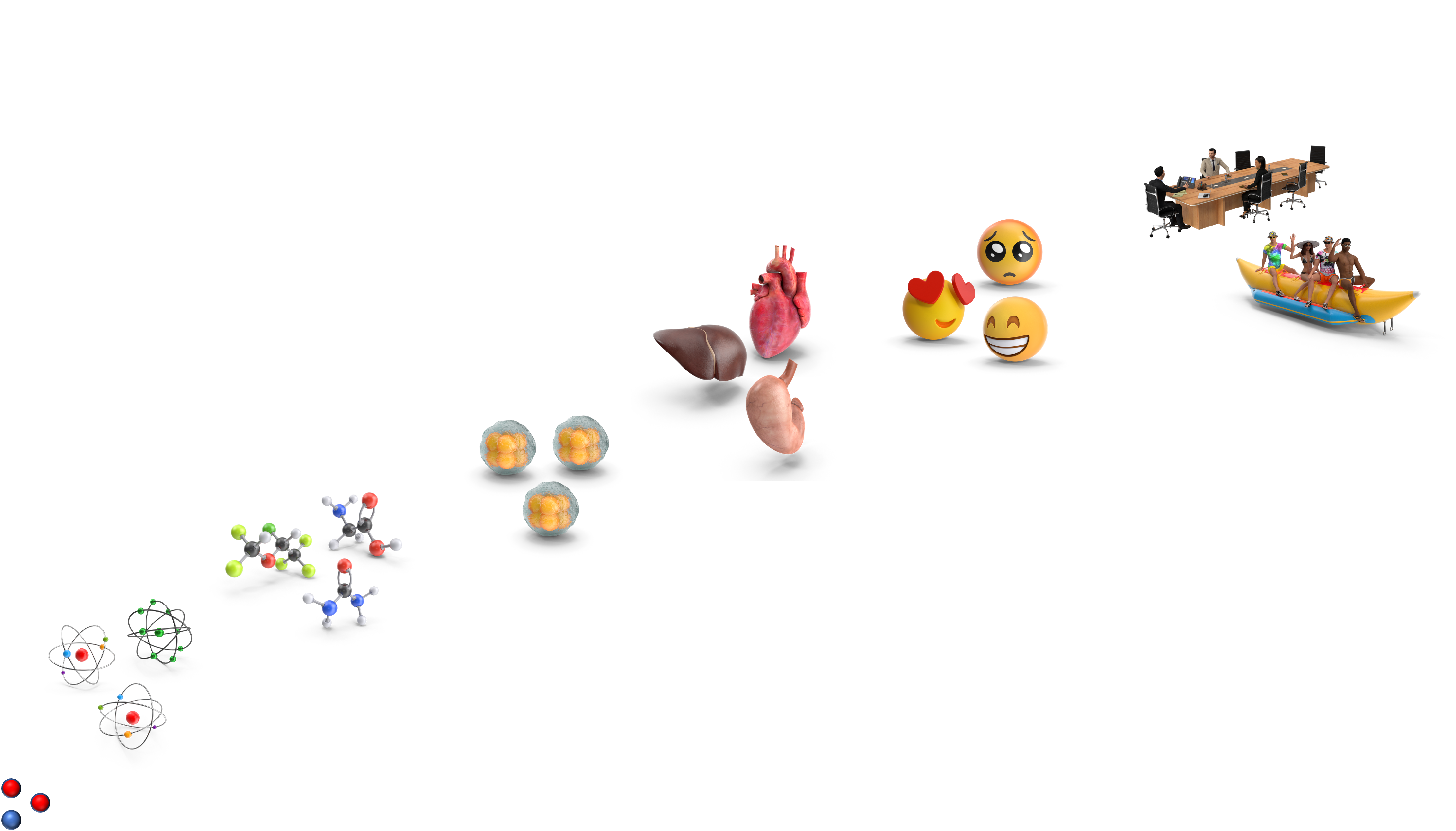
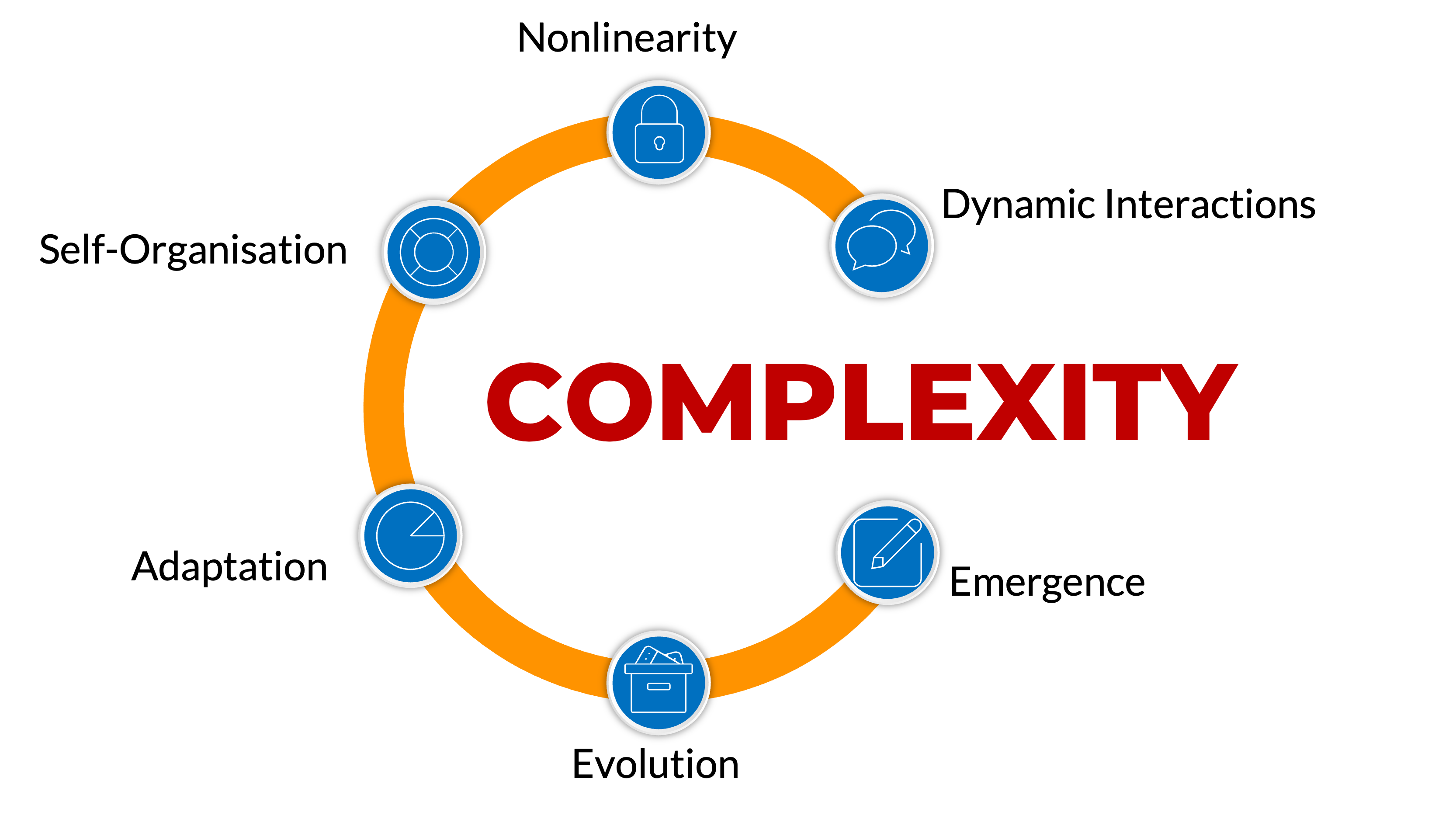
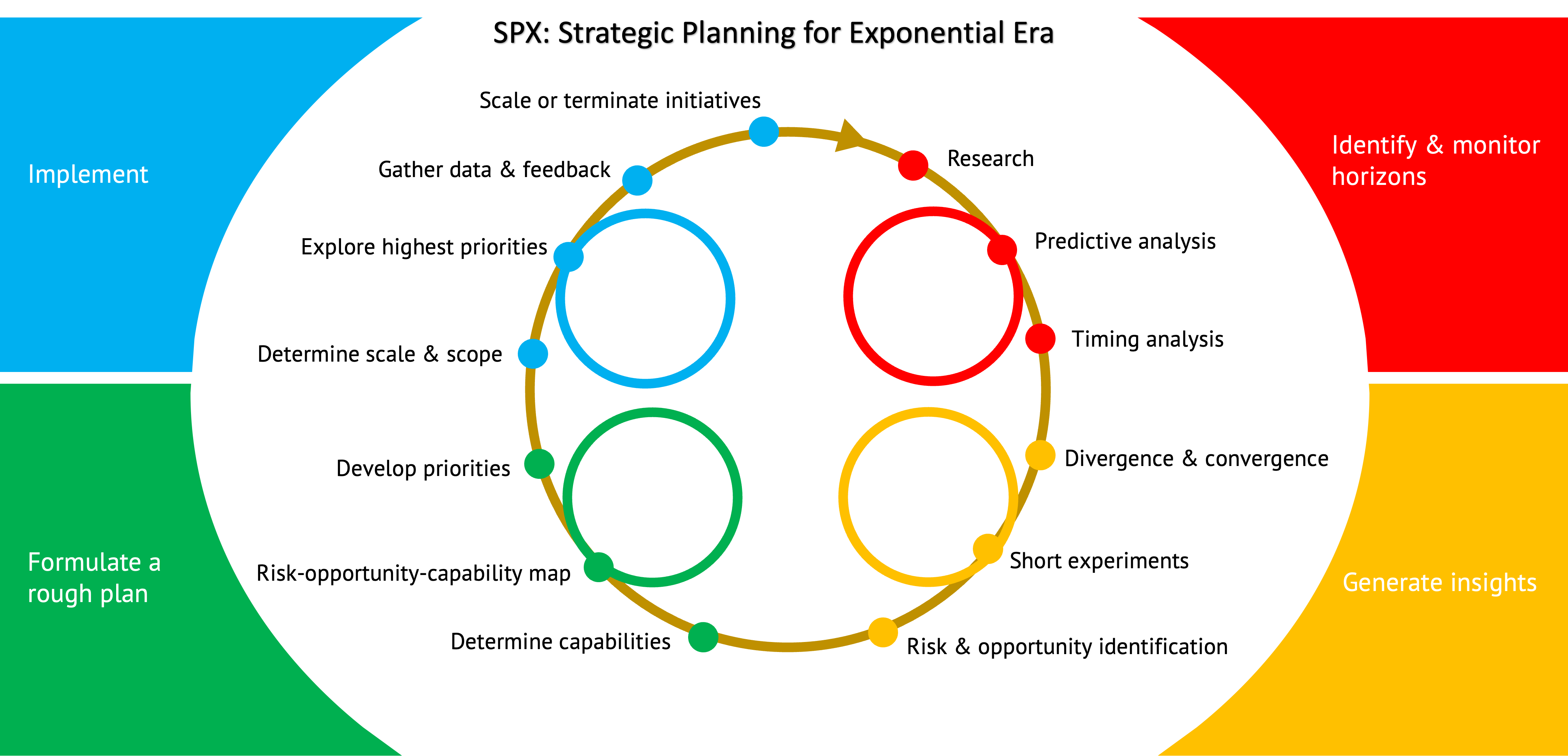
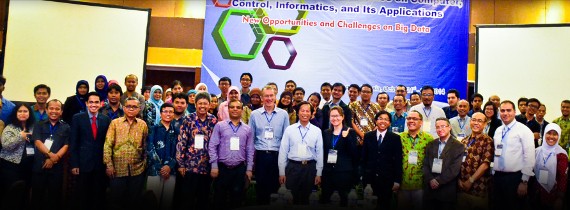
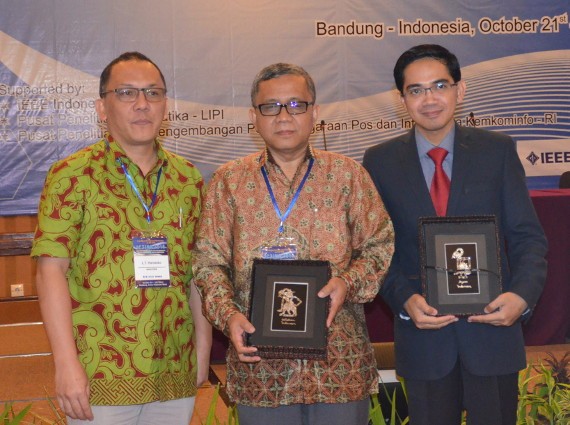






 . Thanks, all.
. Thanks, all.